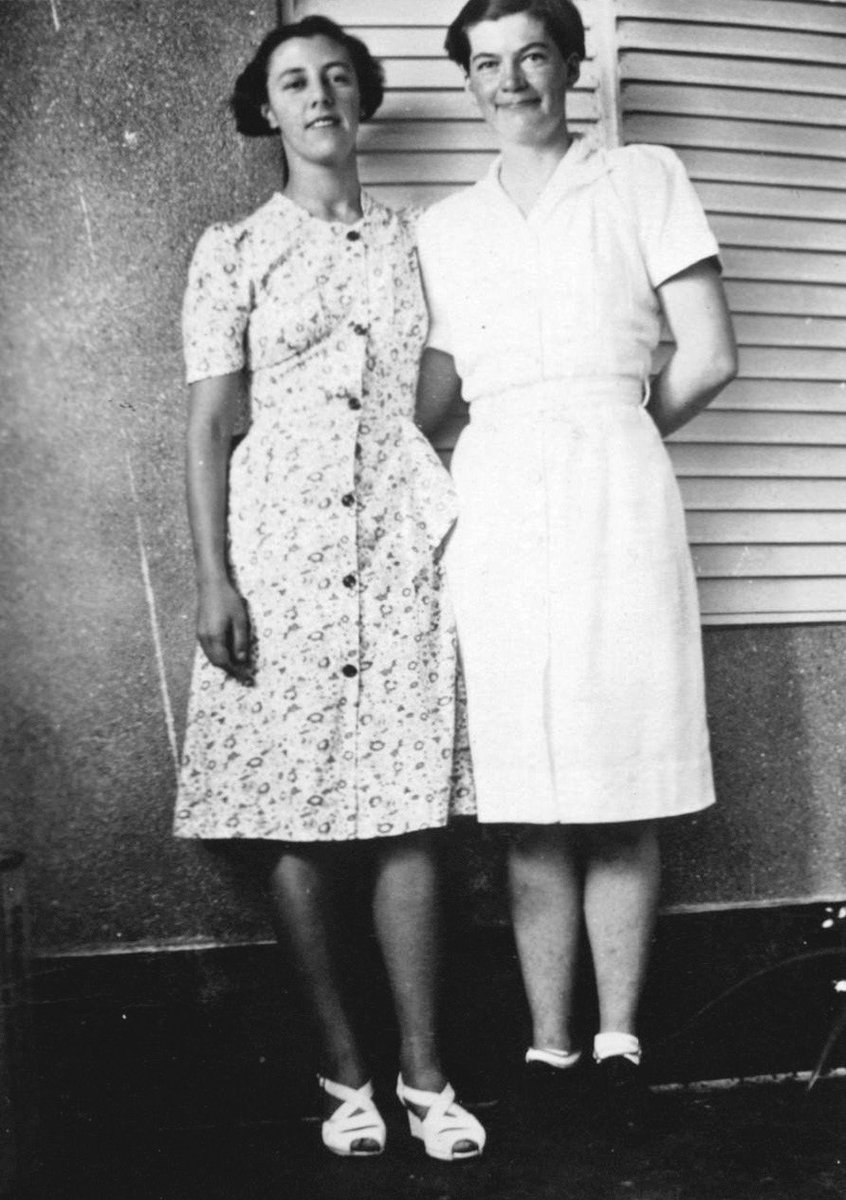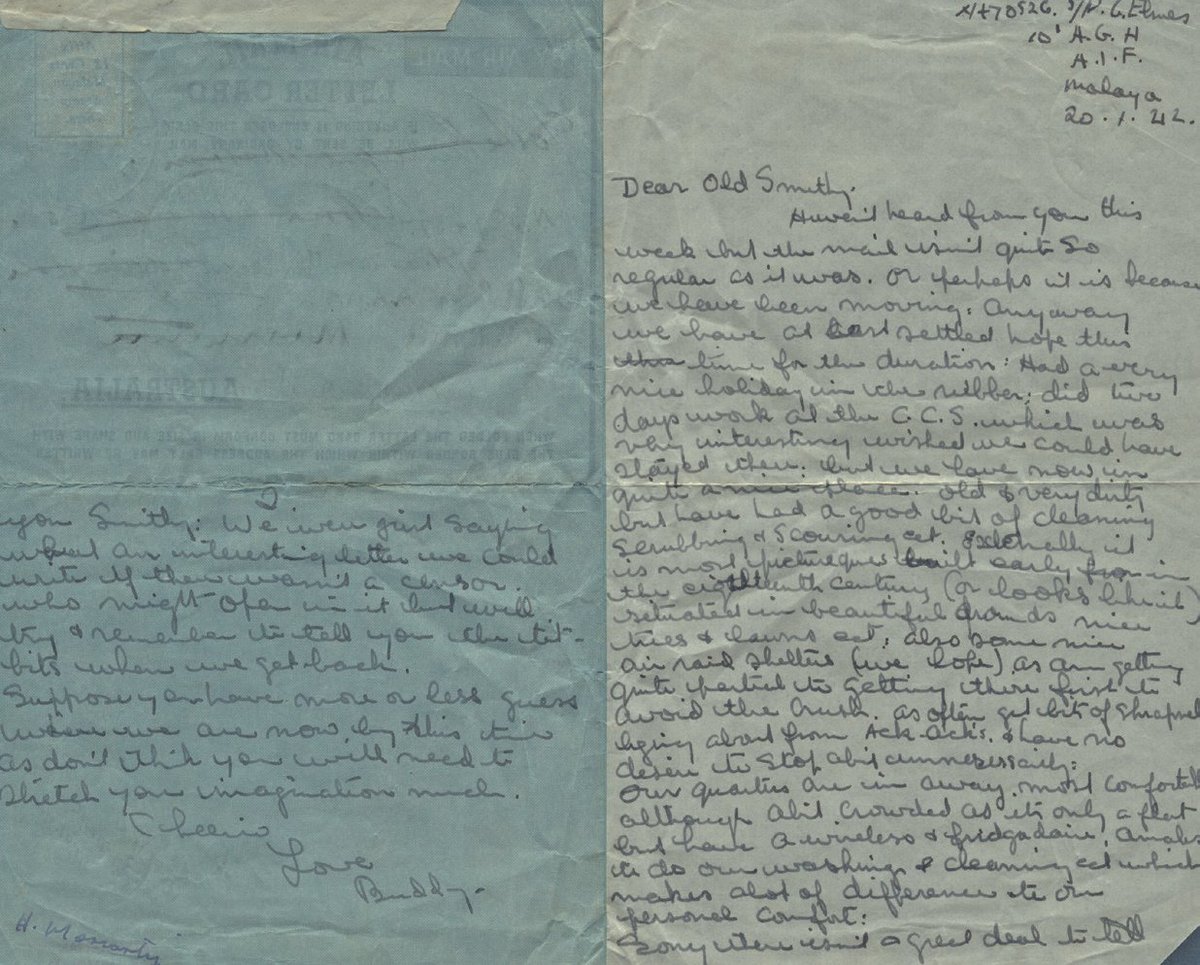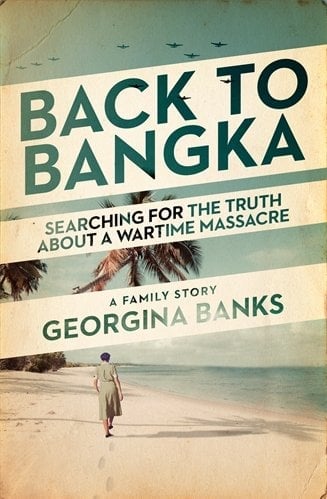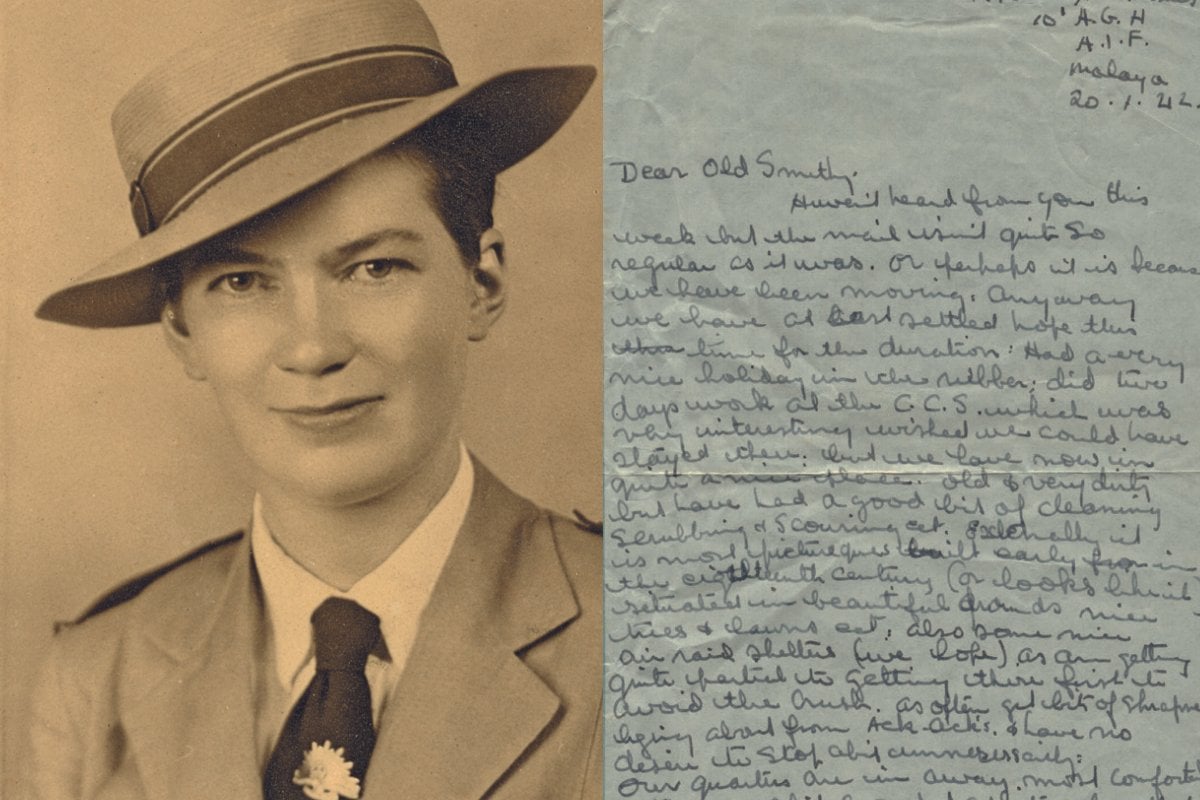
The following is an edited extract from Back to Bangka by Georgina Banks, published by Penguin.
It was November 2016 and I was ignorant of the iconic history buried in my family.
Out of the blue, I had received an invitation to the seventy-fifth memorial service for my grandmother’s little sister ‘Bud’ Elmes.
The service was to be held on the actual beach, on Bangka Island, Indonesia, where she and 21 unarmed Australian army nurses had been massacred in WWII by Japanese soldiers. Vivian Bullwinkel was the only survivor.
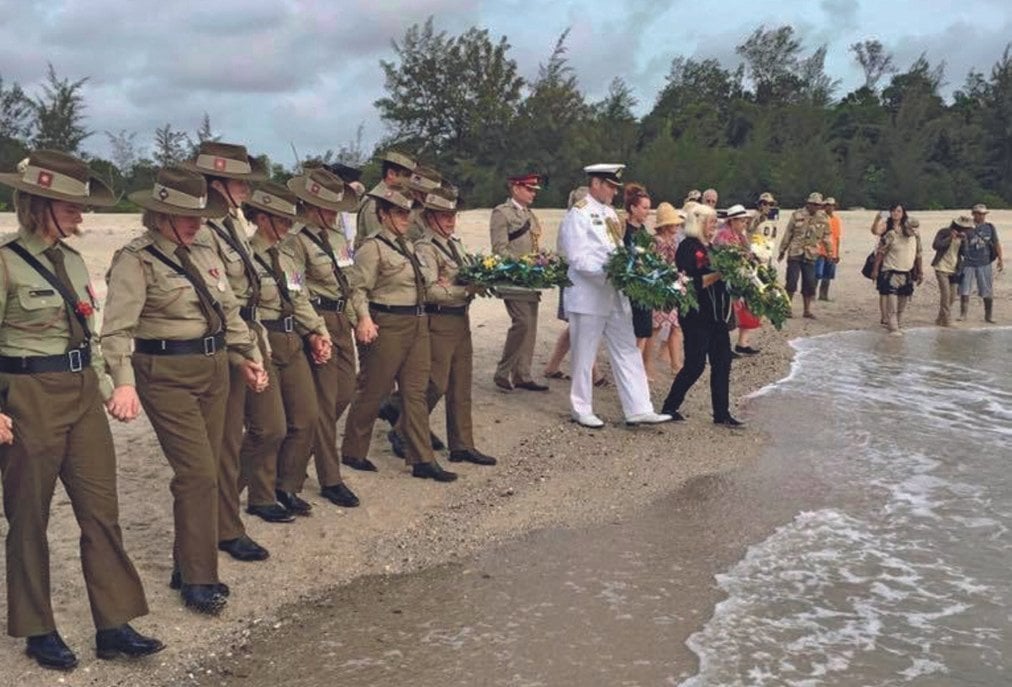 Image: Supplied
Image: Supplied

